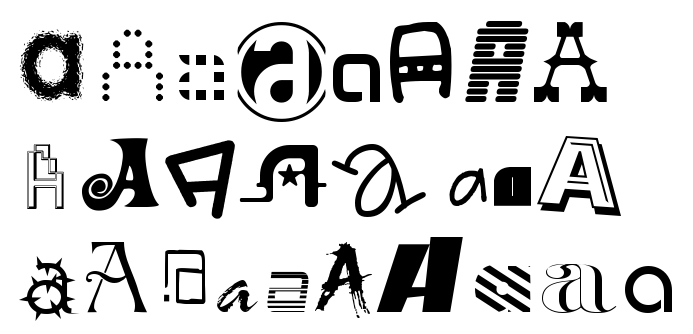We've prepared a Jupyter notebook that will guide you through the process of creating a single layer neural network in TensorFlow.
If you don't have Docker already, download and install Docker from here.
Run the command below to clone the Lab Repository:
$ git clone https://github.com/udacity/CarND-TensorFlow-Lab.gitRun the following command from the same directory as the command above.
$ docker run -it -p 8888:8888 -v `pwd`:/notebooks udacity/carnd-tensorflow-labOpen a browser window and go here. This is the notebook you'll be working on. The notebook has 3 problems for you to solve:
- Problem 1: Normalize the features
- Problem 2: Use TensorFlow operations to create features, labels, weight, and biases tensors
- Problem 3: Tune the learning rate, number of steps, and batch size for the best accuracy
This is a self-assessed lab. Compare your answers to the solutions here. If you have any difficulty completing the lab, Udacity provides a few services to answer any questions you might have.
This lab requires Anaconda and Python 3.4 or higher. If you don't meet all of these requirements, install the appropriate package(s).
Run these commands in your terminal to install all the requirements:
$ git clone https://github.com/udacity/CarND-TensorFlow-Lab.git
$ conda env create -f CarND-TensorFlow-Lab/environment.yml
$ conda install --name CarND-TensorFlow-Lab -c conda-forge tensorflowRun the following commands from the same directory as the commands above.
$ source activate CarND-TensorFlow-Lab
$ jupyter notebookOpen a browser window and go here. This is the notebook you'll be working on. The notebook has 3 problems for you to solve:
- Problem 1: Normalize the features
- Problem 2: Use TensorFlow operations to create features, labels, weight, and biases tensors
- Problem 3: Tune the learning rate, number of steps, and batch size for the best accuracy
This is a self-assessed lab. Compare your answers to the solutions here. If you have any difficulty completing the lab, Udacity provides a few services to answer any questions you might have.
Remember that you can get assistance from your mentor, the Forums (click the link on the left side of the classroom), or the Slack channel. You can also review the concepts from the previous lessons.

